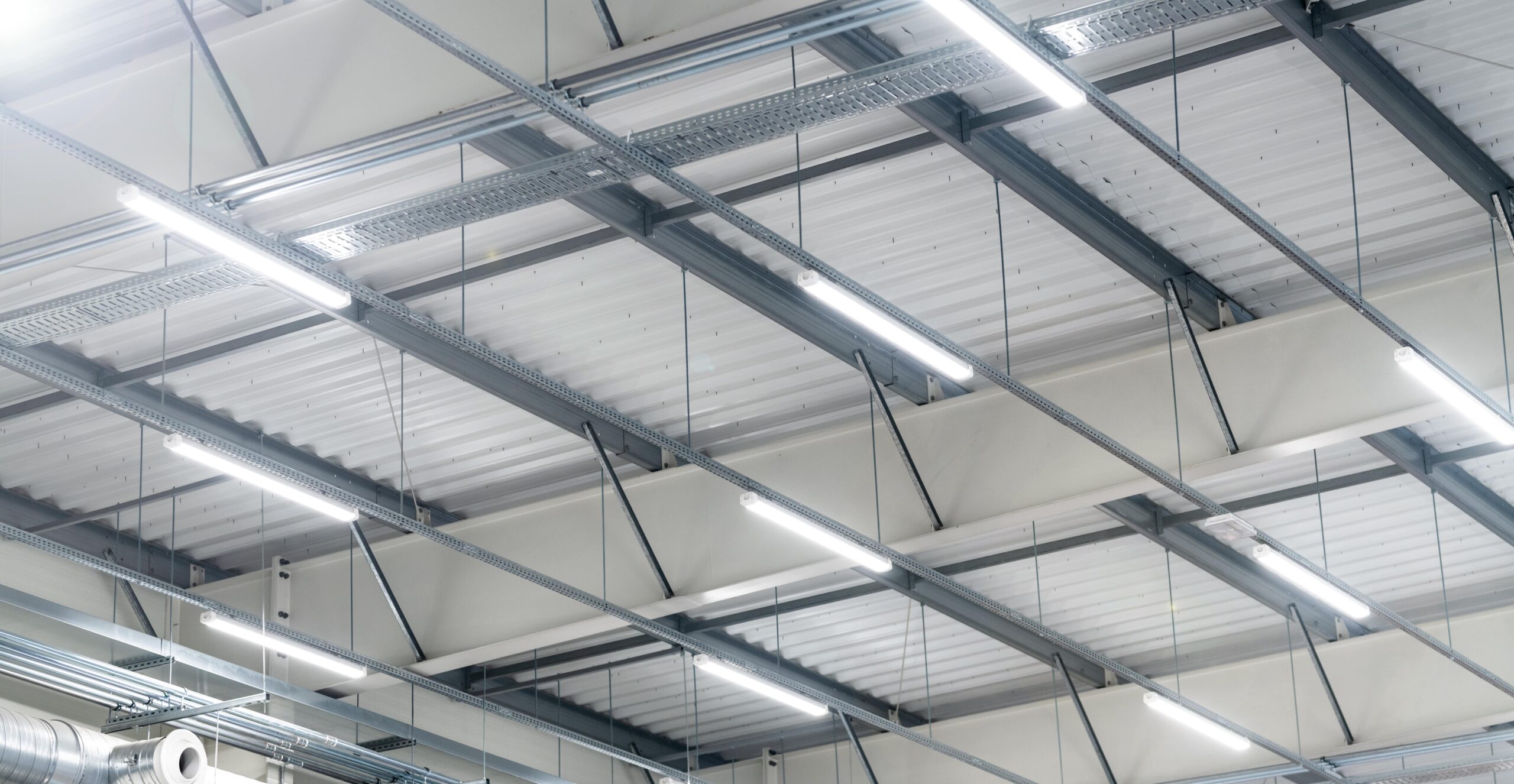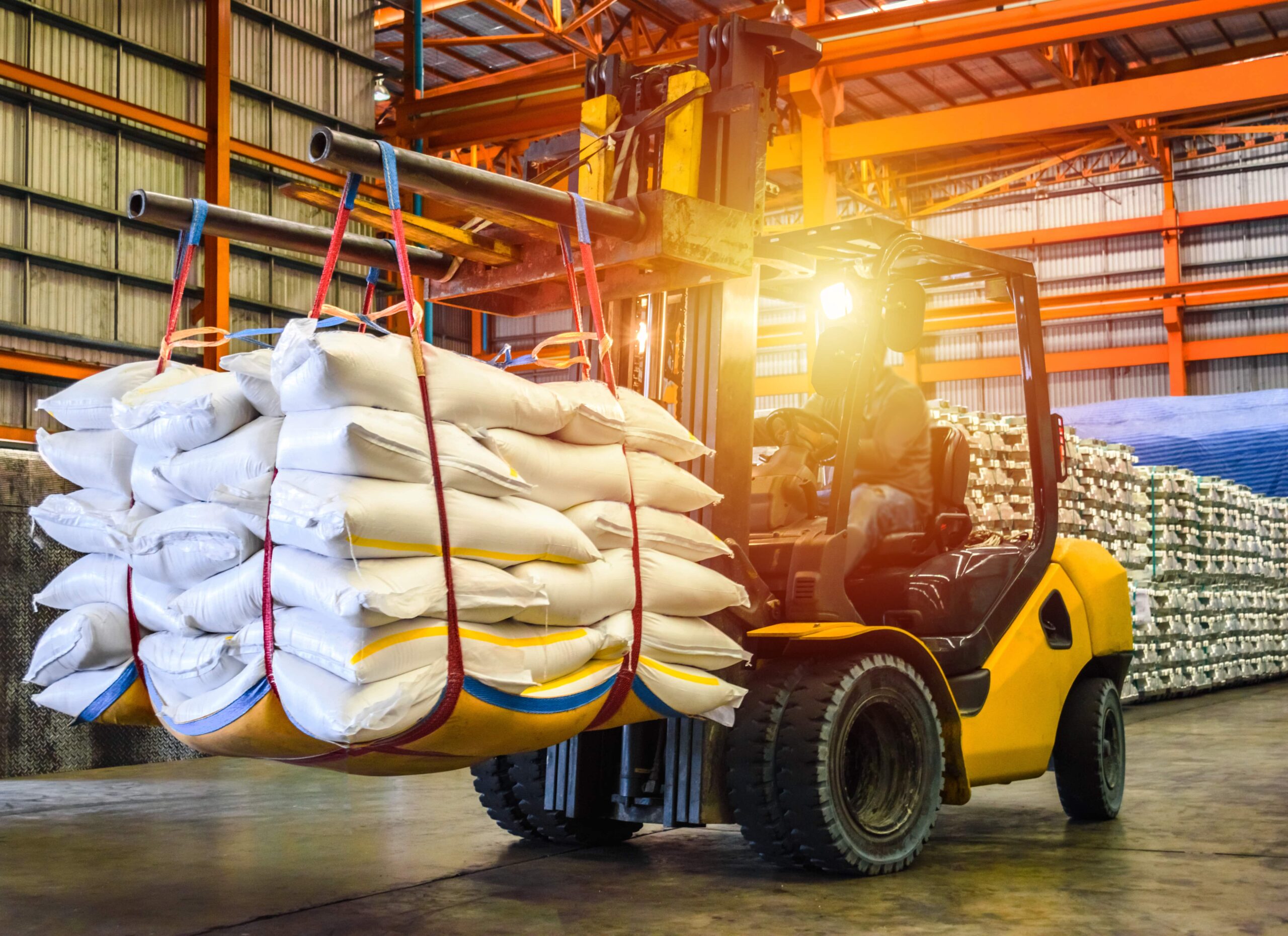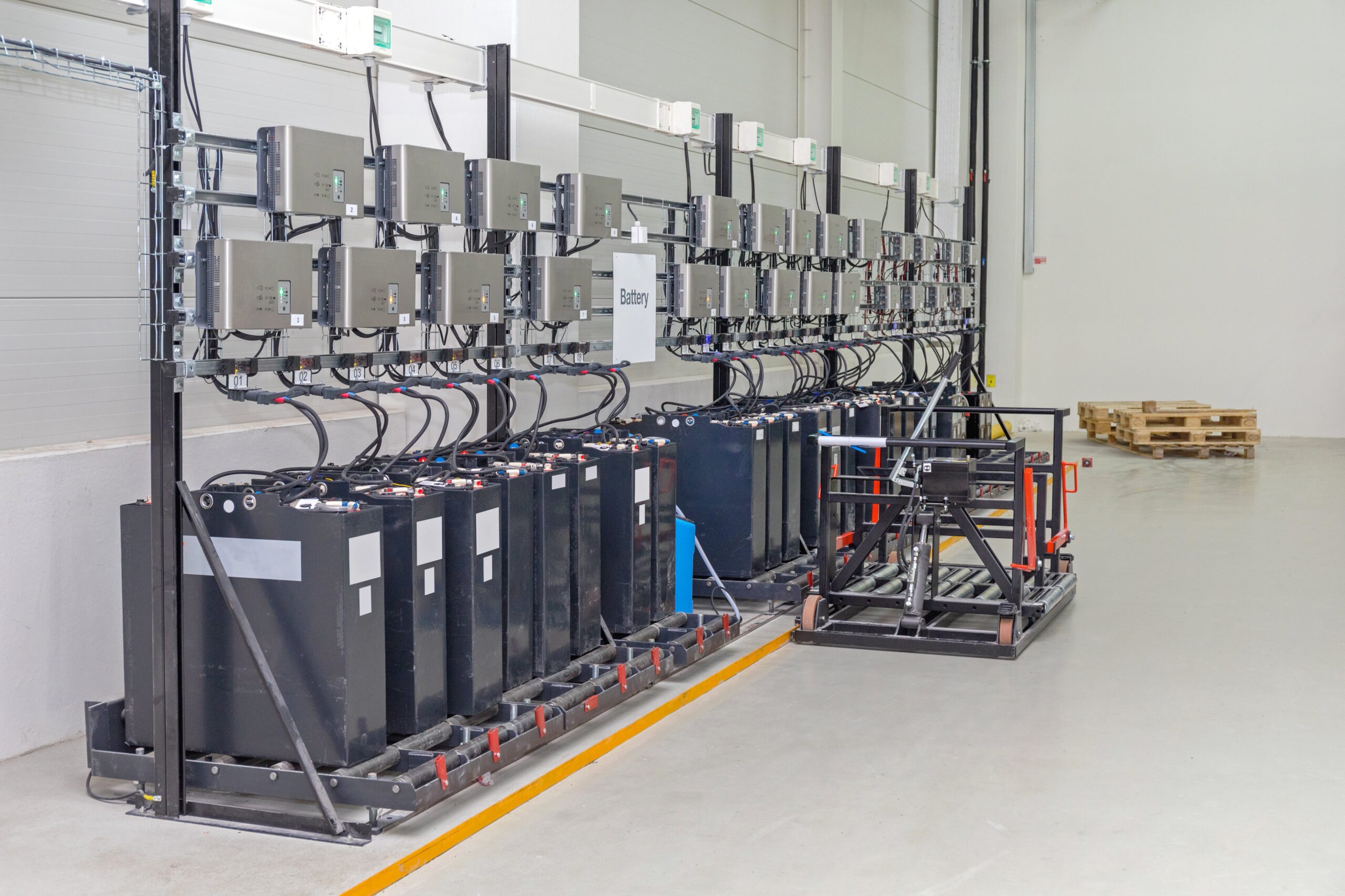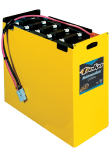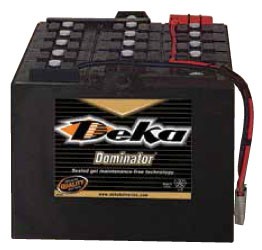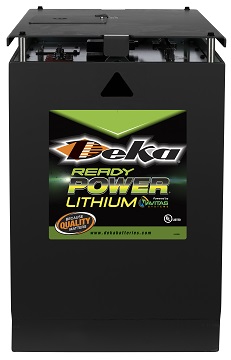From forklifts and pallet jacks to automated guided vehicles (AGVs), material handling equipment keeps warehouses and industrial operations moving. But none of that movement happens without the right battery behind it.
At Beal Industrial Products, Inc., we’ve seen firsthand how the right battery solution can increase uptime, lower maintenance costs, and reduce total cost of ownership. Since 1980, we’ve helped businesses across Maryland and the Mid-Atlantic region select, service, and maintain batteries tailored to their specific needs.
In this guide, we’ll walk you through the types of batteries available, key factors to consider, and how to get the most value from your battery investment.
Types of Batteries for Material Handling Equipment
Choosing the right battery starts with understanding the available technologies. While there are many niche options, the two primary types that dominate the material handling space today are lead-acid and lithium-ion. Each has its own strengths depending on your workload, infrastructure, and performance goals.
Lead-Acid Batteries
Lead-acid batteries have powered industrial equipment for decades and remain a popular choice in warehouses across Maryland and the Mid-Atlantic. Known for their reliability and lower upfront cost, lead-acid batteries are a solid option for operations with predictable schedules and existing charging infrastructure.
Why Choose Lead-Acid?
These batteries are especially effective for single-shift operations or businesses with built-in maintenance routines. While they do require regular care—such as watering and cleaning—many businesses choose them for their proven track record and budget-friendly pricing.
Key Pros:
- Affordable initial investment
- Long service life when properly maintained
- Widely available and compatible with most standard chargers
Key Considerations:
- Requires scheduled maintenance and watering
- Long charging time (typically 8+ hours)
- Generates heat and gas during charging, which may require ventilation
Lithium-Ion Batteries
Lithium-ion batteries are rapidly gaining popularity in warehouses, distribution centers, and manufacturing facilities that need reliable power with minimal interruptions. These batteries charge quickly, require no maintenance, and offer extended service life—making them a top choice for high-demand, multi-shift operations.
Why Choose Lithium-Ion?
If uptime and energy efficiency are your top priorities, lithium-ion batteries deliver. They support opportunity charging (during lunch or shift changes), eliminate the need for battery swaps, and reduce downtime due to maintenance. Though the initial cost is higher, the long-term savings often outweigh the investment.
Key Pros:
- Fast charging—full charge in as little as 1–2 hours
- Maintenance-free—no watering or cleaning required
- Long battery life with consistent performance
- Energy-efficient and space-saving
Key Considerations:
- Higher upfront cost
- May require compatible charging equipment
- Best suited for operations looking to reduce downtime and labor
Considerations for Choosing the Right Battery: Different Batteries for Different Goals
Every operation is different—and so are your power needs. Choosing the best battery requires more than just picking the latest technology or the cheapest option. At Beal, we help you match the battery to the purpose, environment, and goals of your operation.
Here are a few examples:
- Looking to reduce downtime? A lithium-ion battery may be the best choice with its quick charging and no need for mid-shift swaps.
- Need to control upfront costs? Lead-acid batteries are more budget-friendly, especially if you already have compatible chargers.
- Running a clean, tightly regulated facility? Lithium-ion batteries eliminate the mess and risks of traditional lead-acid.
- Short-term project or seasonal workload? Choosing lead-acid or considering battery rentals might offer the best return without a long-term investment.
Still not sure? Beal Industrial Products offers personalized consultations to help you assess your goals and determine the best-fit power solution for your equipment and workforce.
Price vs. Value in Selecting Batteries
When it comes to investing in batteries for your material handling equipment, the initial price tag only tells part of the story. The true value of a battery lies in its total cost of ownership (TCO)—a long-term view that includes maintenance costs, lifespan, performance reliability, energy usage, and the risk of unexpected downtime.
One of the most overlooked factors in battery value is brand quality.
At Beal Industrial Products, we work with trusted manufacturers like East Penn, whose batteries are engineered for longevity, safety, and performance. In our experience, not all batteries are created equal—even if they appear similar on paper. Lower-cost, off-brand batteries may save you money up front, but can lead to:
- Shorter operational lifespan
- Inconsistent performance and voltage drops
- Higher maintenance needs
- Increased risk of failure during peak operations
On the other hand, investing in a reputable, proven battery brand like Deka ensures dependable performance and minimizes costly disruptions. Our team tests and recommends battery brands based on real-world use in the field—backed by our 40+ years of service experience in the Mid-Atlantic region.
When you buy from Beal, you’re not just buying a battery—you’re buying peace of mind, expert support, and long-term productivity.
Why Partner with Beal Industrial Products?
When it comes to powering your material handling equipment, you need more than just a product—you need a partner who understands your business. At Beal Industrial Products, we bring over 40 years of experience supplying industrial batteries, chargers, and support services across Maryland and the Mid-Atlantic.
We work with industry-leading manufacturers and carry a full range of battery solutions, from traditional lead-acid to cutting-edge lithium-ion. Plus, we offer:
- On-site battery consultations
- Preventive maintenance programs
- Emergency service and battery replacements
- Charger diagnostics and service
- Battery rentals and accessories
Whether you’re upgrading a single forklift or outfitting an entire fleet, we’re here to help you choose smarter, save more, and work better.
Let’s Power Your Next Move!
Need help selecting a battery or building a long-term power strategy for your warehouse or facility? Contact Beal Industrial Products today. Our experts are standing by to help you find the right fit for your equipment—and your bottom line.

